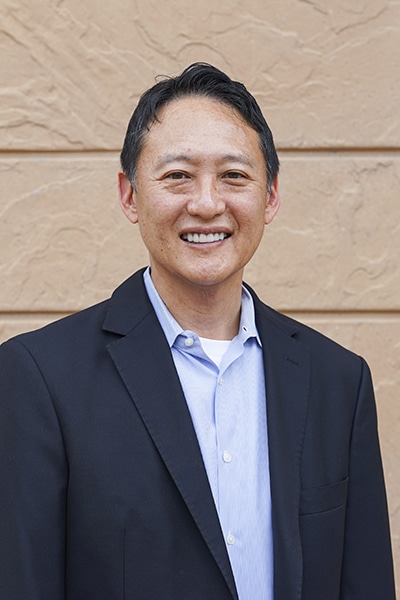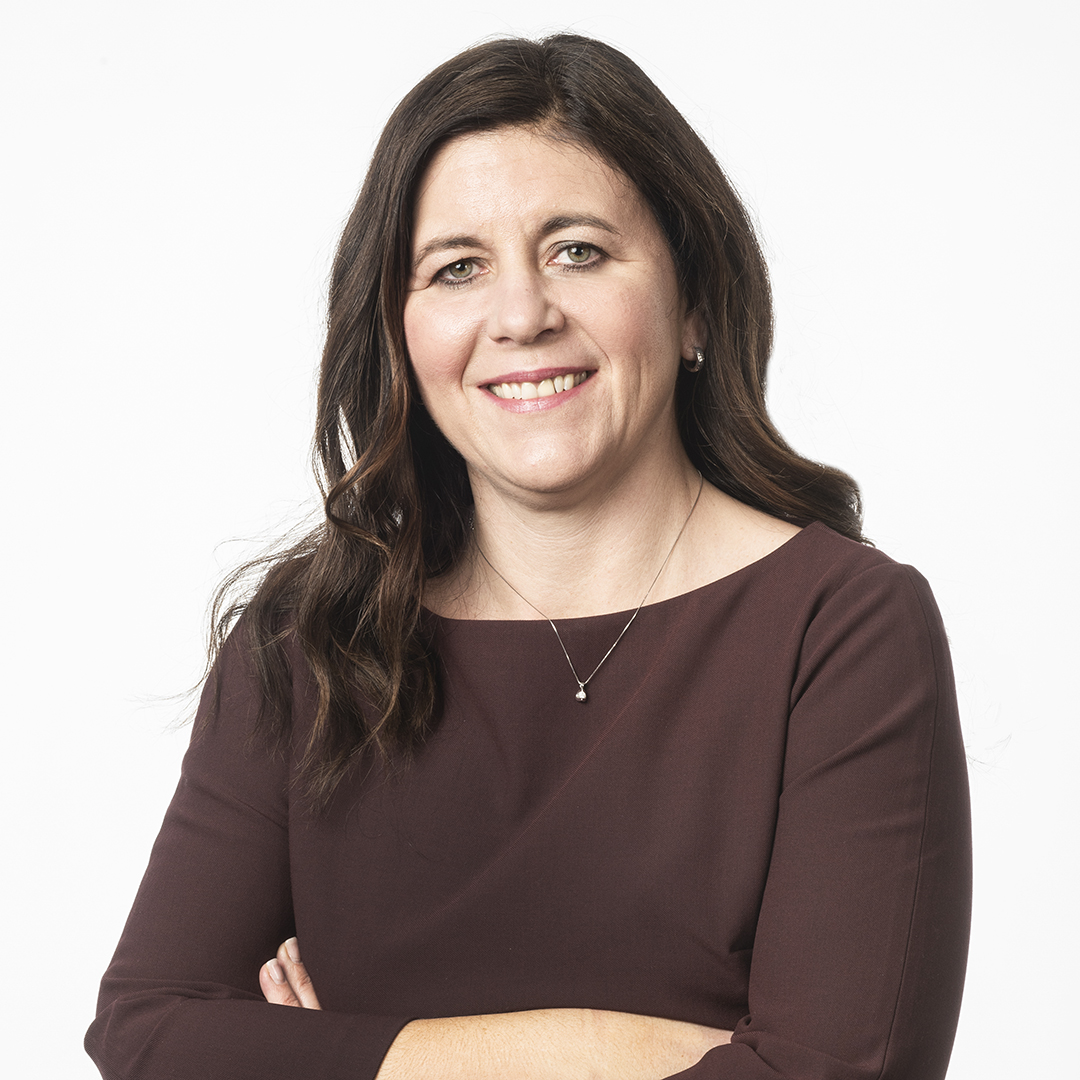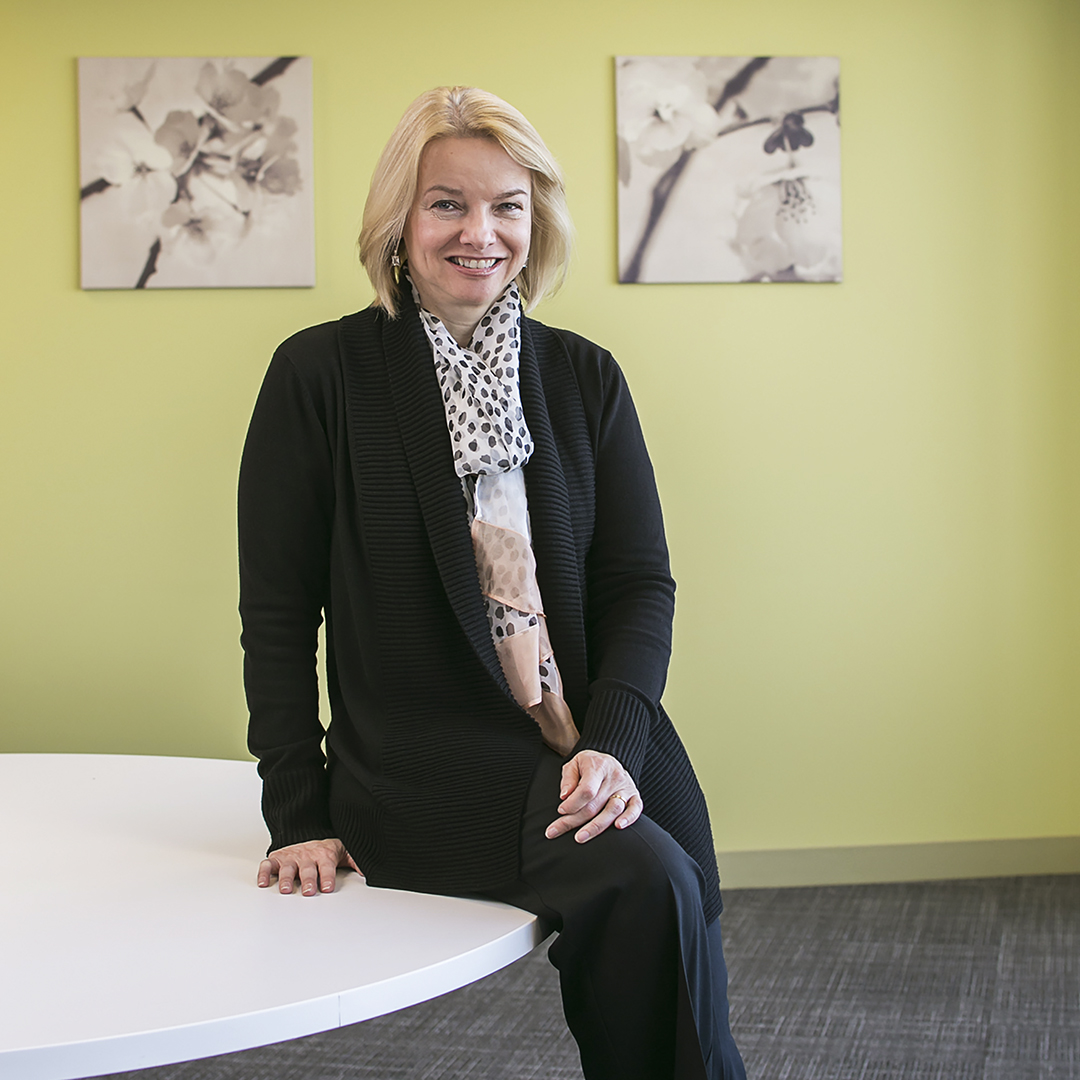After the dot-com bubble burst in the early 2000s, Richard Yoon was in the market of finding a new industry to practice law in, seeing as the Internet company he worked for was no longer an option.
“I started asking myself, ‘Where should I go?’ And I ended up reaching out to former colleagues,” Yoon explains. One of the colleagues he connected with was at a medical device company, which ultimately piqued his interest in the medical device industry. He decided to set foot in this new, yet not necessarily uncharted territory.
“I had an electrical engineering background but had worked on medical devices while at my prior life in a law firm, so I was really open to checking out this new direction,” Yoon says. His entrance into this industry—and later his current role—led to a significant learning curve as well as an introduction to new areas of legal practice.
“I learned a lot about the needs of the company and about the medical device industry,” Yoon says. “My first job was actually managing a portfolio that was a subset of the company’s intellectual property (IP). That slowly grew, and we soon had one of our first IP litigations.
“Next thing I know, I’m working mostly on the IP litigation,” he continues. “This led later to a role where I was focused on the strategic analysis of competitors and business development opportunities.”
Yoon now acts as associate general counsel and senior director of intellectual property at MicroVention, a neuroendovascular medical device company that develops minimally invasive solutions to treat brain diseases.
Blazing a New Path
Yoon was tasked by MicroVention’s general counsel to oversee the entire IP function. His role covers everything from IP litigation to a more strategic, business development function.
 In his position, Yoon’s approach to IP strategy primarily builds off building a strong defense to discourage litigation against the company. “A lot of times, when you start an IP lawsuit, the biggest concern is more blowback, considering if they can sue you back. It feels like dealing with nuclear weapons, in a way, so you have put your defenses up,” he explains.
In his position, Yoon’s approach to IP strategy primarily builds off building a strong defense to discourage litigation against the company. “A lot of times, when you start an IP lawsuit, the biggest concern is more blowback, considering if they can sue you back. It feels like dealing with nuclear weapons, in a way, so you have put your defenses up,” he explains.
On top of building a strong defense, Yoon also believes that it’s important to play to his company’s strengths. “I try to focus on what makes the company different,” he says, “for example, ‘How or why is our product unique?’ You can really invest in areas like that.”
In addition to driving IP strategy, Yoon is also focused on making sure that IP follows the international markets. “We have to focus on our big markets. We have to make sure that we have patents in countries like Germany or France and not worry about the smaller markets. I’m also following what our competitors are doing and what countries they are operating in as well,” he says.
Overall, everything that Yoon does is to ensure that the IP is aligned with MicroVention’s business. In the business of medical devices, innovations are typically made in incremental changes to the existing products. Yoon’s goal is to capture these changes and features and protect those features.
While it seems that there are a lot of moving parts to focus on between the advancement to the devices and the markets they’re in, Yoon welcomes the challenges that they might bring. “My job is always interesting,” Yoon says. “I am never doing the same thing. It’s a lot of encountering new issues, but also looking back at how you might be able to solve them. It’s also about trying to plot best practices moving forward.” Luckily, the associate general counsel has a close-knit team to work through these challenges and learning curves with.
“I try to focus on what makes the company different, for example, ‘How or why is our product unique?’ You can really invest in areas like that.”
Never Walking Alone
Just as his experiences have shaped his journey as an attorney, they have also been formative for Yoon as the leader of a team. “I have learned from my own experience that mentoring is a vital part of growth. I am a better lawyer today because of the mentors that have taught me how to approach problems and reach solutions,” Yoon says. “By passing on insights and approaches, my team grows in knowledge and capability. But more importantly, mentoring builds camaraderie and a better work culture. Regular feedback and focusing on the professional growth of my team just makes work more fun and effective.”
Yoon attributes his team’s successes and good working relationships across the company to strong communication skills. His team must operate cross-functionally with other teams within the company, especially to remain relevant on the business side of things. Naturally, he believes that communication is the foundation to completing these cross-functional tasks.
“To make sure that we are all on the same page as we approach things is essential. Good communication allows us to be efficient,” Yoon says. To him, an important facet of good communication is collecting feedback and implementing that feedback when relevant. This concept also makes up part of what he believes to be good leadership.
“If you, as a leader, can communicate and be open and honest, you end up building more trust and respect,” says Yoon. “Showing that we are all growing and learning and being receptive to feedback can help your team open up and ask you questions. They won’t be afraid.”


